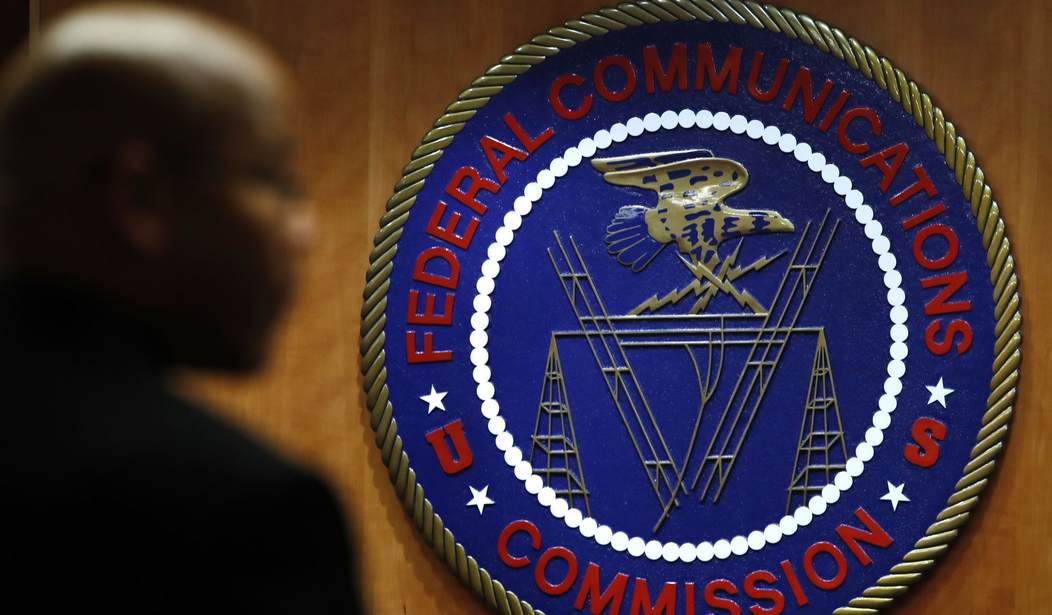The Federal Communication Commission (FCC) has long considered closing the digital divide as one of its top priorities. Though most Americans now have access to high-speed internet, a small number of rural Americans residing in hard-to-reach locations remain unconnected. For this reason, the FCC has proposed new initiatives like the Rural Digital Opportunity Fund (RDOF) program to help bridge this divide. This action makes it all the more perplexing that the FCC recently decided to double down on its rejection of Starlink’s application for program funding.
Last month, the FCC reaffirmed its decision to deny Elon Musk’s satellite internet company, Starlink, $885.5 million in program funding, which it had planned to use to provide high-speed internet to over 640,000 American rural homes and businesses. Explaining the Commission’s decision, FCC Chairwoman Jessica Rosenworcel stated that the agency has a “responsibility to be a good steward” of limited Universal Service Fund dollars and “not fund applicants that fail to meet basic program requirements.” The problem with this reasoning is that there is no evidence that Starlink failed to meet program requirements.
Indeed, the primary requirement for RDOF participants is to offer broadband service at speeds consistent with FCC requirements of 25 Megabits per second (Mbps) for downloads and 3 Mbps for uploads. Specifically, by the end of year three, 40 percent of a participant’s deployments must meet this criterion. Considering that Starlink won its original bid for program funding in 2020, this should give Starlink until 2025 to meet that benchmark. While the latest Ookla speed test indicated a minor decline in Starlink’s median U.S. download performance in the third quarter of 2023, both download and upload speeds have improved significantly over the last two years. Moreover, 2025 is still a year away, and there is no indication Starlink will fail to meet this milestone.
Recommended
Over the last two years, Starlink has filed numerous documents with the FCC demonstrating that it is more than “reasonably capable” of meeting program requirements. Additionally, Starlink’s rapid expansion speaks for itself. Starlink has “more than 5,420 satellites in orbit, which provide high-speed Internet in 14 European countries.” This number is certain to rise as Starlink continues to launch dozens of new low Earth orbit (LEO) satellites and rapidly improve speed and service.
Despite these facts, the FCC has inexplicably decided that Starlink must meet the program’s deployment benchmarks ahead of time, despite not applying this same standard to other companies who have not been the subject of similar application rejections. As noted by Commissioner Nathan Simington in his dissent, many RDOF recipients have “deployed no service at any speed to any location at all.” In contrast, Starlink already had 2 million subscribers as of September 2023. This does not appear to matter to the FCC.
That is a shame because America needs all hands on deck to close the digital divide and reach those segments of rural America still without broadband access. Starlink and its network of LEO satellites could be part of that equation. Whatever beef the FCC may have with Starlink should not get in the way of meeting this important objective.
It should also not matter what technology is used for deployment. While fiber has been around longer, that does not mean it is always the best option for connecting Americans in remote locations. In many cases, satellite may be a much quicker and more affordable option. As noted by Commissioner Brenden Carr, the FCC had secured a deal with Starlink to deliver high-speed internet to over half a million homes and businesses for just $885 million in federal support. Connecting these same areas with fiber would “likely cost somewhere in the neighborhood of $3 billion.” There is no reason to spend more on fiber and delay implementation when planting a satellite dish on the roof of a home or business will do just fine.
The FCC is right that it has a duty to “ensure consumers everywhere have access to high-speed broadband that is reliable and affordable.” Therefore, it should not be in the business of picking winners and losers. Instead, it should take an objective approach to awarding program subsidies that treat all companies and technologies equally. Only then can the FCC be good stewards of taxpayer dollars and truly honor its commitment to closing the digital divide.
Nate Scherer is a policy analyst with the American Consumer Institute, a nonprofit education and research organization. For more information about the Institute, visit us at www.TheAmericanConsumer.Org or follow us on X @ConsumerPal.

























Join the conversation as a VIP Member